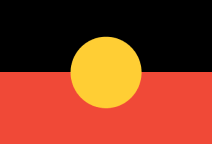Links
Contact
- Phone: 0491 082 357
- Email: himani@bravementalhealth.community
- Location: Melbourne, VIC (Telehealth Australia-wide)
Need urgent help?
Brave Mental Health is not a crisis service. If you are in immediate danger, call 000.
For crisis support, contact Lifeline 13 11 14 (24/7).



Brave Mental Health acknowledges the Traditional Owners of Country throughout Australia and recognises their continuing connection to land, waters and community. We pay our respects to Aboriginal and Torres Strait Islander Elders past and present, and extend that respect to all First Nations peoples we work with.
